Investigating Sustainable Packaging Options for Producers in Cape Breton.
Exploring the viable alternatives to plastic packaging.
Did you know?
Canadians use more plastic per capita than any other country. (1) And the COVID-19 pandemic only increased our use. While most people believe plastic is recyclable, only 9% of all plastic is actually recycled. (2)
BUT
We also have a food waste problem in Canada. A staggering 58% of all food produced in Canada is lost or wasted each year. (3) And plastic helps keep food fresh. A single extra day of shelf life can save 200,000 tonnes of food waste each year! (4)
ACAP Cape Breton, in partnership with the Cape Breton Food Hub, has been working on the challenge of single-use plastic in Cape Breton. We’ve been visiting farmers and other producers, interviewing experts in waste management, and parsing the latest research.
What we’ve found:
Many farmers and other producers on our island are already trying to lower their waste footprints.
Consumers want reduced packaging but often aren’t aware of the food waste generated by removing packaging.
Many eco-friendly products on the market haven’t passed certification tests and most aren’t accepted by our waste facilities. This is not a problem unique to Cape Breton.
There are some truly innovative, sustainable packaging solutions being lab-tested. These include soft plastic films made from vegetable peelings or grass clippings. With the right financial support, we could see these products on the market in the next five years.
Learn more about our research
-

ACAP CB’s Research
Learn about ACAP CB’s research into plastic packaging and viable alternatives for Cape Breton farmers and producers in our report.
-

Producer or retailer?
Are you a producer or retailer? Click here for more information.
-

Trashformers
Learn more about plastic pollution in Cape Breton & our work to clean up our communities.
Take Our Quiz!
This quiz is intended for informational purposes only and users should check with their local waste facilities to determine their capacity and regulations for plastic and compost waste disposal.








